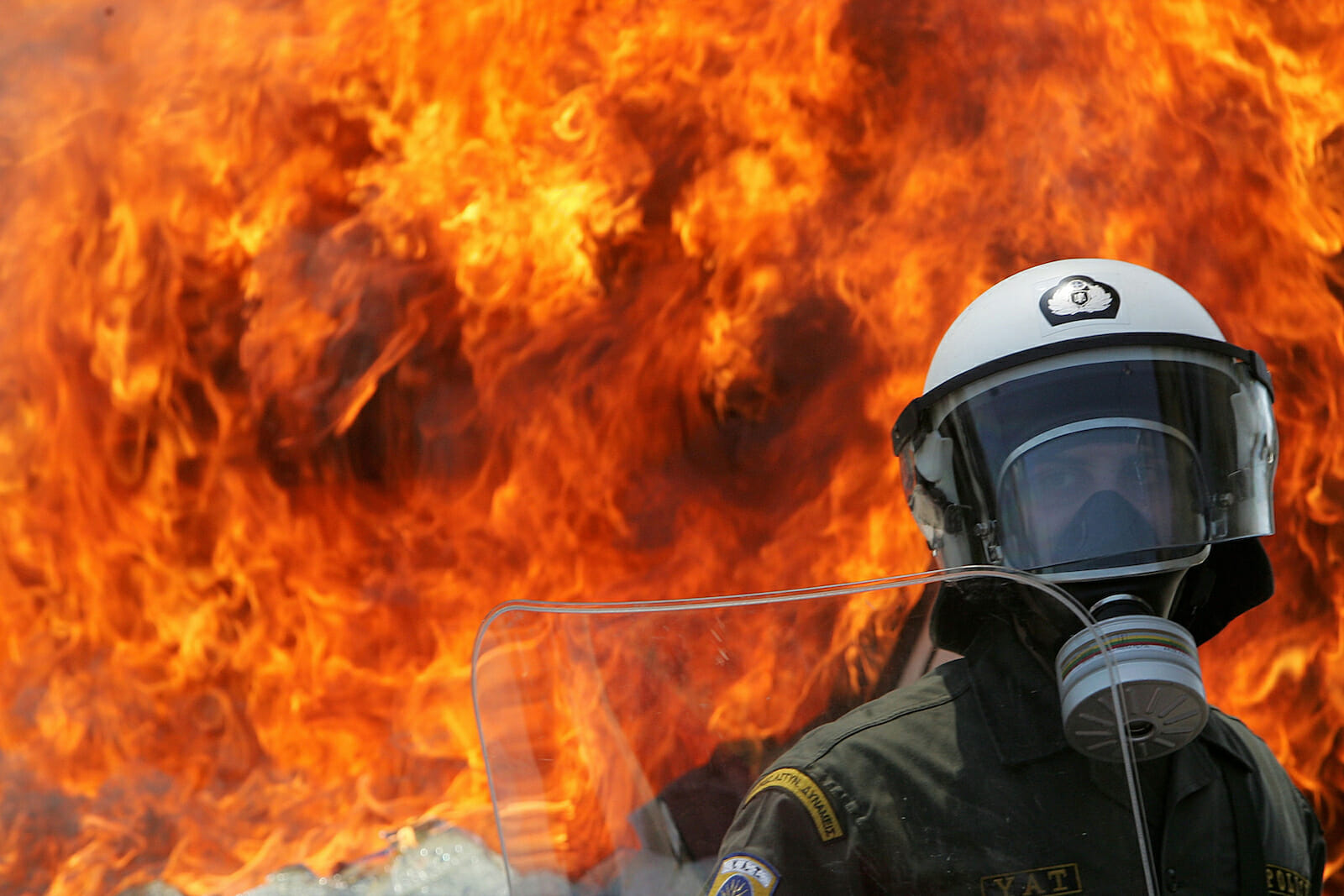
Of Eurocrats and Kool Aid
It seems the worst nightmares of ‘Sir Alan Walters and Margaret Thatcher’ with regard to the grand European project are coming to full and dangerous fruition. The wheels have already come off the latest Eurocrat attempt to put a band aid on the gaping wound that has become the Euroexperiment, instead of performing major surgery. Sadly, it seems Europe has no leaders of stature and probity to lead us out of this economic mess. The task of facing reality coldly in the face with courage and conviction by taking bold action is instead being left to committee after committee, with no realistic long-term prospect of success.
Quite apart from all the needless and petty meddling on the manner in which cheese is fermented in France or how Brussels sprouts are packaged, adoption of the single currency has proven to be Europe’s Achilles heel, and a possible death knell of the EU, which rushed into monetary union without fully contemplating its possible negative ramifications.
While not perfect, the European Currency Union was at least transparent and gave dignity, sovereignty, and a useful means in which to trade. The beauty of Europe is its rich diversity of language and cultures, so why are all these politicians and overpaid, unelected bureaucrats trying to force some ghastly vision ‘of such’ on us all?
If Lehman taught us anything, it is that the banks, their stockholders and bondholders should suffer for the imprudence of financial institutions’ poor lending and investment decisions — a fate which has just befallen MF Global. MF Global’s example is breathing new life into the ‘liquidationist’ argument, particularly given that the world’s governments have few bullets left in their collective gun to address the ongoing issue of structural faults in the global economic system.
If this approach had been adopted three years ago, the resulting ‘green shoots’ would now be sprouting from the ground and providing a much needed foundation upon which to build a new economic order. Instead, we are forced to rely on a tainted and faulty foundation, upon which the world’s stock markets continue to believe in.
Why is it that after all that has happened, global investors still continue to believe that a sustainable recovery is just around the corner? What has changed? The global economic system is still built on a house of cards, yet investors continue to pour money on a bonfire composed of mirages. The talking heads of the investment community must actually believe their own hubris, and the investing public must have such a short memory as to actually believe that something has changed.
Clearly, the banks have such hold on the global political system so as to be able to influence the political process to ensure that it makes unwise decisions that are against the public’s long-term interest. Part of the solution appears to be to break up the global financial supermarkets so that bankers bank, brokers broke, and insurers insure. The conglomeration of financial institutions and products has proven to be an unmitigated disaster of greed and hubris.
We would like to believe that a suitable alternative to the present arrangement is achievable, and soon, but given what Europe’s leaders have just shown they are capable of, neither seems possible in the near term. Perhaps the anger being channeled through the Occupy Wall Street movement will gel into something truly meaningful, and will force the current system of entrenched self-interest to change. But if we believed that will happen any time soon, we, too, could rightly be accused of drinking the Kool Aid.

